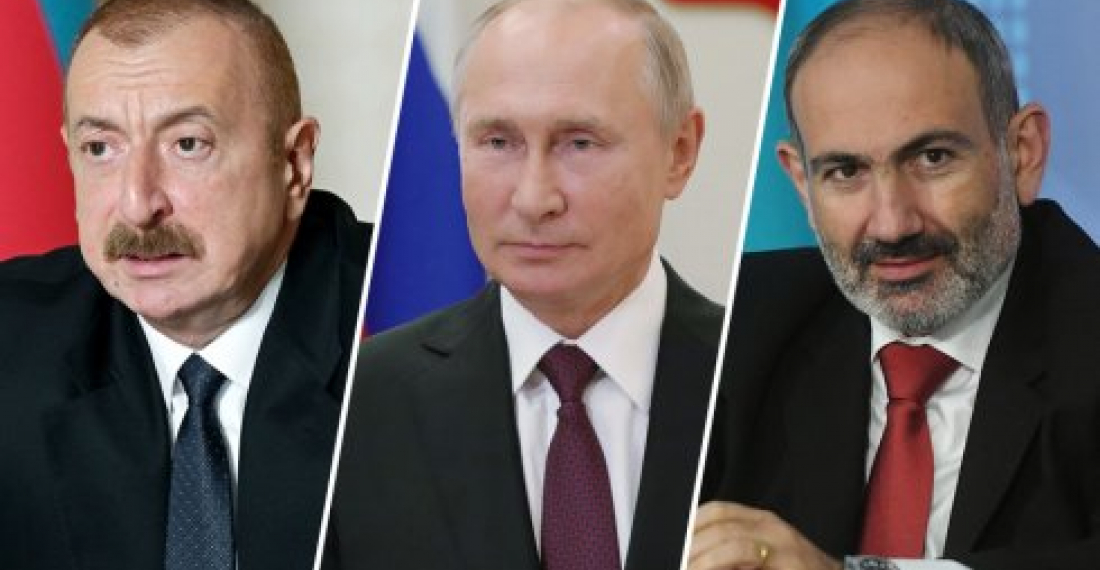In a move that some are seeing as the prelude to personally getting involved in the process of halting the fighting between Armenians and Azerbaijanis in the South Caucasus, Russian president Vladimir Putin held talks over the last days with Armenian prime minister Nikol Pashinyan and Azerbaijani president Ilham Aliyev.
A terse two sentence statement posted on Monday evening (2 November) on the Kremlin's website said:
On November 1 and November 2, respectively, Vladimir Putin had telephone conversations with the Prime Minister of the Republic of Armenia Nikol Pashinyan and the President of the Republic of Azerbaijan Ilham Aliyev. Issues of the settlement of the Nagorno-Karabakh conflict were thoroughly discussed.
Whilst Russia has been involved from the very start of the conflict in efforts to stop the fighting, even brokering a cease fire in the early days of the war, president Putin has kept largely in the background. It now seems that the Russian leader is considering if to make the next move, which is to invite the two leaders to Moscow. Putin knows that he can only play this card once, so has been reluctant to do so unless the talks have a good chance of success. We will now soon if that time is now.
source: commonspace.eu






